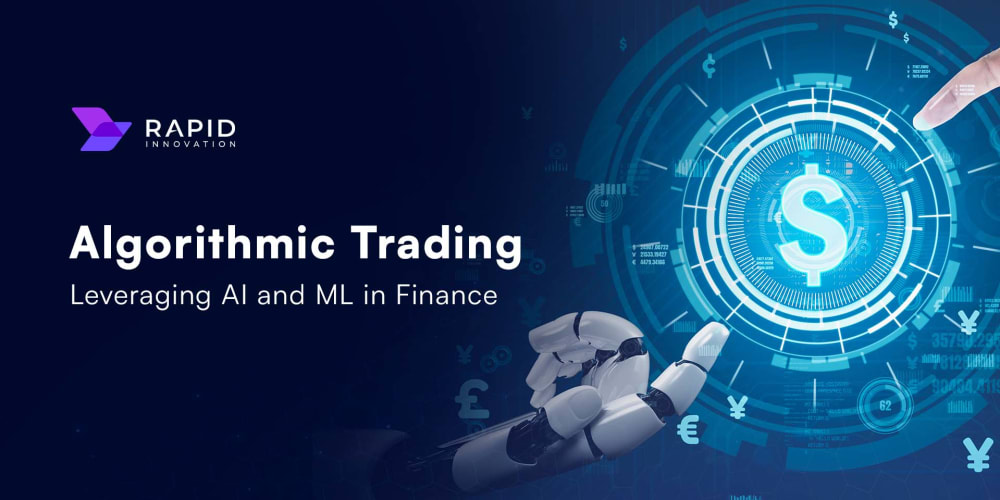Python, with its readable syntax and vast libraries, has become a powerhouse language for software development. If you're eager to join the ranks of Python software engineers, this guide equips you with the roadmap to navigate your learning journey.
Backend Python Application Software Engineer
Why Python? A Language for Every Developer
Python's popularity stems from its unique blend of features:
- Readability: Its clear syntax resembles natural language, making it easier to learn and maintain compared to more complex languages.
- Versatility: Python excels in various domains, from web development and data science to machine learning and automation.
- Extensive Libraries: A rich ecosystem of libraries like Django (web development), NumPy (scientific computing), and TensorFlow (machine learning) empowers rapid development.
Building Your Python Proficiency
The path to becoming a Python software engineer starts with mastering the fundamentals:
- Core Syntax: Grasp the basics of variables, data types, operators, control flow statements (if/else, loops), and functions.
- Object-Oriented Programming (OOP): Understand concepts like classes, objects, inheritance, polymorphism, and encapsulation.
- Data Structures and Algorithms: Familiarize yourself with fundamental data structures (lists, dictionaries) and algorithms (sorting, searching) to solve programming problems efficiently.
Demystifying FreeRTOS: An Essential Guide for Beginners
Beyond the Basics: Exploring Python's Applications
Once you possess a solid foundation, delve deeper into specific areas that interest you:
- Web Development: Frameworks like Django and Flask streamline web application development, allowing you to build dynamic and interactive websites.
- Data Science and Machine Learning: Libraries like NumPy, Pandas, and scikit-learn empower you to analyze data, extract insights, and build machine learning models.
- Automation: Python excels at automating repetitive tasks. Explore libraries like Selenium for web automation or libraries for automating system administration processes.
Learning Resources: A Wealth of Knowledge at Your Fingertips
The internet offers a plethora of resources to fuel your Python learning journey:
- Online Courses: Platforms like Coursera, edX, and Udacity offer comprehensive Python programming courses for beginners and advanced learners.
- Interactive Tutorials: Websites like Codecademy and DataCamp provide interactive tutorials that make learning Python engaging and fun.
- Books and Documentation: Classic books like "Automate the Boring Stuff with Python" and official Python documentation serve as valuable references.
Pocket-Friendly Feasts: 5 Dollar Meals That Satisfy
Practice Makes Perfect: Building Your Programming Portfolio
- Personal Projects: Solidify your learning by working on personal projects. Build a simple web application, create a data analysis script, or automate a repetitive task. Showcase these projects on platforms like GitHub to demonstrate your skills to potential employers.
- Open-Source Contributions: Contributing to open-source projects on GitHub allows you to collaborate with experienced developers, learn from their code, and gain valuable real-world experience.
Essential Skills for the Modern Python Developer
While technical skills are crucial, well-rounded Python software engineers possess additional qualities:
- Problem-Solving: The ability to break down complex problems, design efficient solutions, and think critically is essential.
- Communication: Effectively communicate technical concepts to both technical and non-technical audiences.
- Teamwork: Software development is often a collaborative effort. Hone your ability to work effectively within a team environment.
Continuous Learning: Keeping Pace with a Dynamic Landscape
The world of technology is constantly evolving. Stay updated with emerging trends in Python development and related fields:
- New Frameworks and Libraries: Stay informed about new frameworks and libraries that can enhance your development capabilities.
- Machine Learning and AI: As these fields flourish, Python plays a central role. Consider exploring these areas to future-proof your skillset.
- Cloud Computing: Familiarity with cloud platforms like AWS and Google Cloud Platform is valuable for deploying and scaling Python applications.
Conclusion: Your Python Software Engineering Journey Awaits
Becoming a Python software engineer requires dedication, a passion for programming, and a commitment to continuous learning. By mastering the core language, exploring its diverse applications, building your portfolio, and cultivating essential soft skills, you'll be well-equipped to embark on a rewarding career path in the ever-evolving world of Python development. Remember, the journey is as important as the destination. Embrace the challenges, enjoy the problem-solving process, and become a part of the vibrant Python developer community.


















